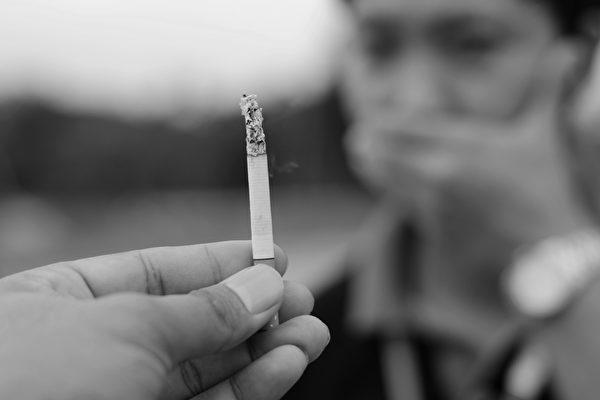By APD writer Melo M. Acuna
MANILA, Dec. 4 (APD) -- Philippines Finance Secretary Carlos G. Dominguez III called on members of the Senate of the Philippines to impose higher “sin” tax rates on tobacco products that would discourage smoking particularly among teenagers.
In a statement, the Department of Finance said increasing the current tobacco excise tax rates to levels that would efficiently curb smoking, would also help augment funds for the Universal Health Care (UHC) program, especially for treatment of smoking-related diseases.
“There’s still the Senate. We will try our best. This thing doesn’t end until the President signs it. We’re there, we’re keeping at it. We hope that they will come up to what is good for the country,” Dominguez said during a press briefing recently.
This was his reaction to the approval by the House Committee on Ways and Means last November 27 of a consolidated bill that increased tobacco excise tax rates to levels that did not go far enough to what the Department of Health (DOH) and anti-tobacco and health advocates have recommended.
The House-approved bill aims to raise the current tax of P 35 per pack of cigarettes to P 37.50 beginning July 2019. The same bill also calls for another increase to P 40 in July 2020, P 42.50 in July 2021, and P 45 in July 2022. The rate shall be raised for percent every July annually.
The DOF proposal supports the position of Congresswoman Angelina Tan to raise the tobacco excise tax to P 60 per pack in 2019 and increasing it by nine percent annually every year.
According to the House of Representatives website, Dr. Antonio Dans, a medical professional who also belongs to the National Academy of Science and Technology (NAST) as saying that preliminary calculations project some 150,000 new smokers as a result of the rates approved by the House ways and means committee.
Imposing higher taxes on tobacco products has proved to be both an effective and beneficial measure in terms of discouraging cigarette consumption, especially among the youth, while reducing health care costs for smoking-related diseases and raising more funds for pro-health care, according to Finance Asst. Secretary Antonio Joselito Lambino II.
(ASIA PACIFIC DAILY)

